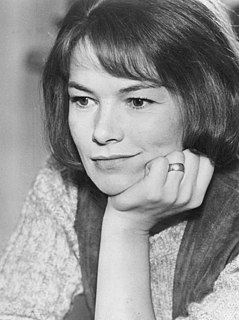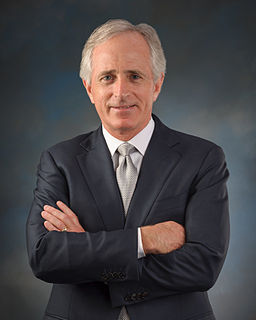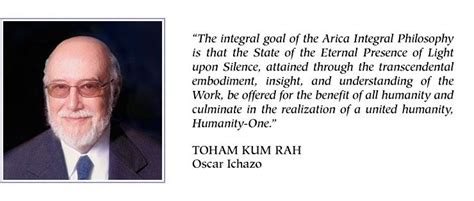A Quote by Plutarch
When a man's struggle begins within oneself, the man is worth something.
Related Quotes
It is not a struggle merely of economic theories, or forms of government or of military power. At issue is the true nature of man. Either man is the creature whom the psalmist described as a little lower than the angels ... or man is a soulless, animated machine to be enslaved, used and consumed by the state for its own glorification. It is, therefore, a struggle which goes to the roots of the human spirit, and its shadow falls across the long sweep of man's destiny.
A man only begins to be a man when he ceases to whine and revile, and commences to search for the hidden justice which regulates his life. And he adapts his mind to that regulating factor, he ceases to accuse others as the cause of his condition, and builds himself up in strong and noble thoughts; ceases to kick against circumstances, but begins to use them as aids to his more rapid progress, and as a means of the hidden powers and possibilities within himself.
We have to distinguish between a man as he is in essence, and as he is in ego or personality. In essence, every person is perfect, fearless, and in a loving unity with the entire cosmos; there is no conflict within the person between head, heart, and stomach or between the person and others. Then something happens: the ego begins to develop, karma accumulates, there is a transition from objectivity to subjectivity; man falls from essence into personality.







































